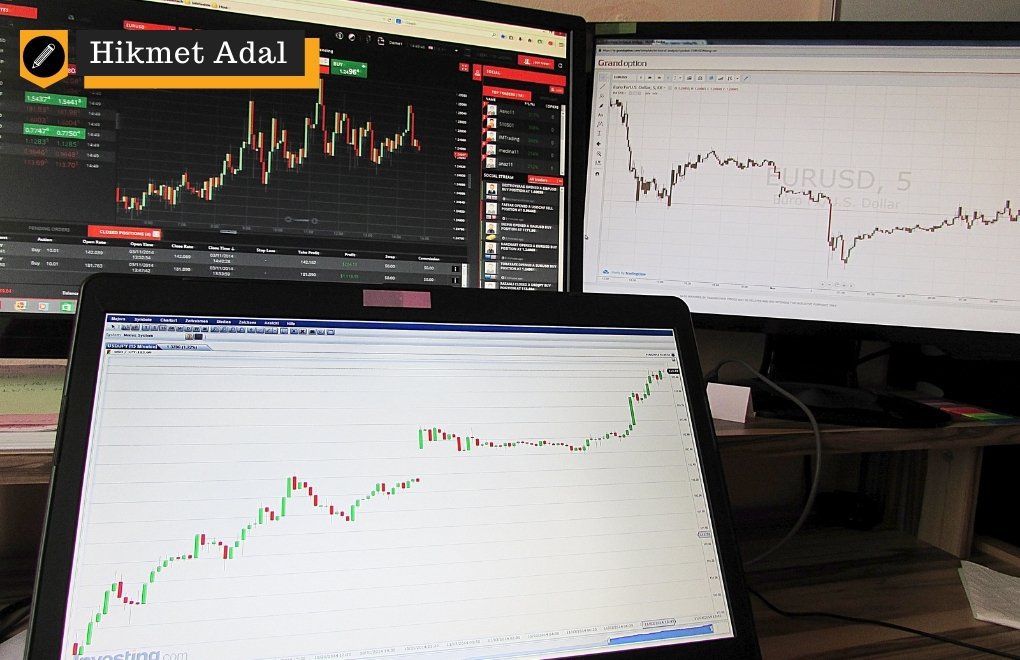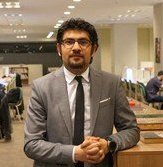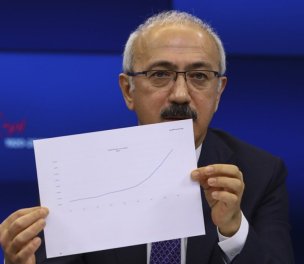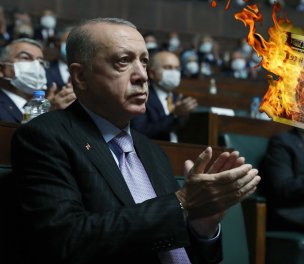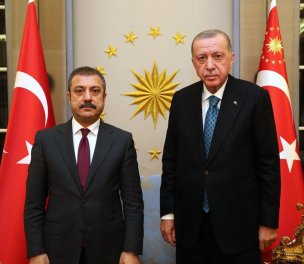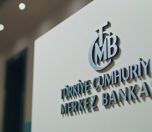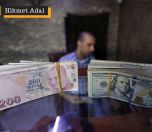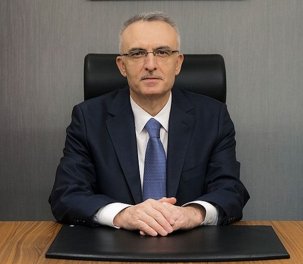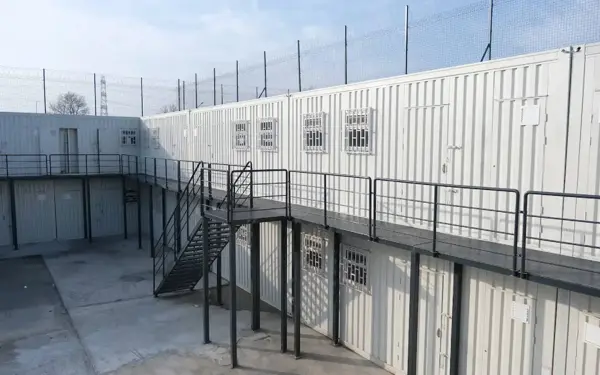Photo: pxhere.com
Click to read the article in Turkish
President Recep Tayyip Erdoğan's abrupt decision to sack Central Bank Governor Naci Ağbal on Saturday night has not been welcomed by markets.
Ağbal has been replaced with Şahap Kavcıoğlu, a pro-government columnist who has criticized the Central Bank for raising interest rates.
The Turkish lira recorded an 11-percent depreciation in a single day after the appointment. In the Borsa İstanbul stock exchange, which started the day with a 6.65 percent decrease, transactions were suspended twice.
Assoc. Prof. Oğuz Demir from the Economists' Platform said, "Everybody knew this would happen when Naci Ağbal was dismissed from his post."
While his firing was surprising, the excessive depreciation of the lira was not, he said.
"What is happening is not good for the citizens but I recommend no attention to be paid to statements like 1 dollar will be traded at 8.50 or 9 lira. We should at least see the next few days," he said.
The reason for the change
"The government foresaw the consequences of this step. They of course have a calculation but we don't know anything right now as nothing is disclosed to the public in Turkey," said Demir, adding that Erdoğan may explain the reason for changing the Central Bank governor at his Justice and Development Party's (AKP) congress on Wednesday.
"Aside from that, I guess Naci Ağbal wasn't dismissed from his post because he raised the interest rate by 20 basis points at the last meeting. Because they would know the effects of dismissing the Central Bank governor who assumed office four months ago.
"Yes, it had been evident since he assumed office that Naci Ağbal would be under heavy pressure. And everybody welcomed the change of the economic administration. So, you don't take such a step just because he raised the interest rate.
"I was guessing that Ağbal would continue until at least May and his dismissal would be possible because of pressures by the business world. But they didn't even wait until that point."
An interest rate hike or a snap election
The president's movie inflicted great damage on the trust in Turkey's economy, which was recovering after the changes in November, said Demir.
Erdoğan's son-in-law Berat Albayrak resigned as the finance minister in November and Ağbal was appointed as the Central Bank head, in a move to quit lower interest rate policies.
While the increase in the dollar's exchange rate would be balanced, it would be much more difficult to create trust in the country's economy, he said.
There are two things to do for an economic recovery, according to Demir: increasing interest rates and holding a snap election.
"With the increase in the inflation rate, we will, unfortunately, face an interest rate hike again. Even if the governor is changed, it's not possible to deal with the increase in the foreign exchange rate in another way. Because the Central Bank has no more foreign exchange reserves.
"Moreover, they sold foreign exchange to an extent that they depleted their reserves but they couldn't stop the rise, they couldn't achieve any results.
"Naci Ağbal could only do one thing and he was doing that by raising the interest rates. Now, in order to stop the increase, to return to the old path again and to start building trust, they will need to raise the interest rates again.
"To put it one step further, it's not easy to restore the trust under these circumstances. Therefore, I think what should happen is the renewal of the whole decision-making process, that is, holding an election."
If the new Central Bank head reduces the interest rate, the foreign exchange rates will increase much more, he added.
About Oğuz DemirEconomist. From 2002 to 2004, he served as the Vice-Chairperson of the Board of Economists Platform. In January 2005, Demir assumed office as the secretary-general of the European Union Center for Application and Research at İstanbul Commerce University.
Demir has two books published by the İstanbul Commerce University and Eastern Black Sea Municipalities Association on EU Financial Aid and Regional Development issues. He graduated from İstanbul University Department of Economics and got his master's degree at İstanbul Commerce University in the Department of International Trade. He continued his Ph.D. preparatory program in Economics and Finance at the University of Naples Federico II in Italy and completed his doctorate in economics at Istanbul University. |
(HA/VK)





